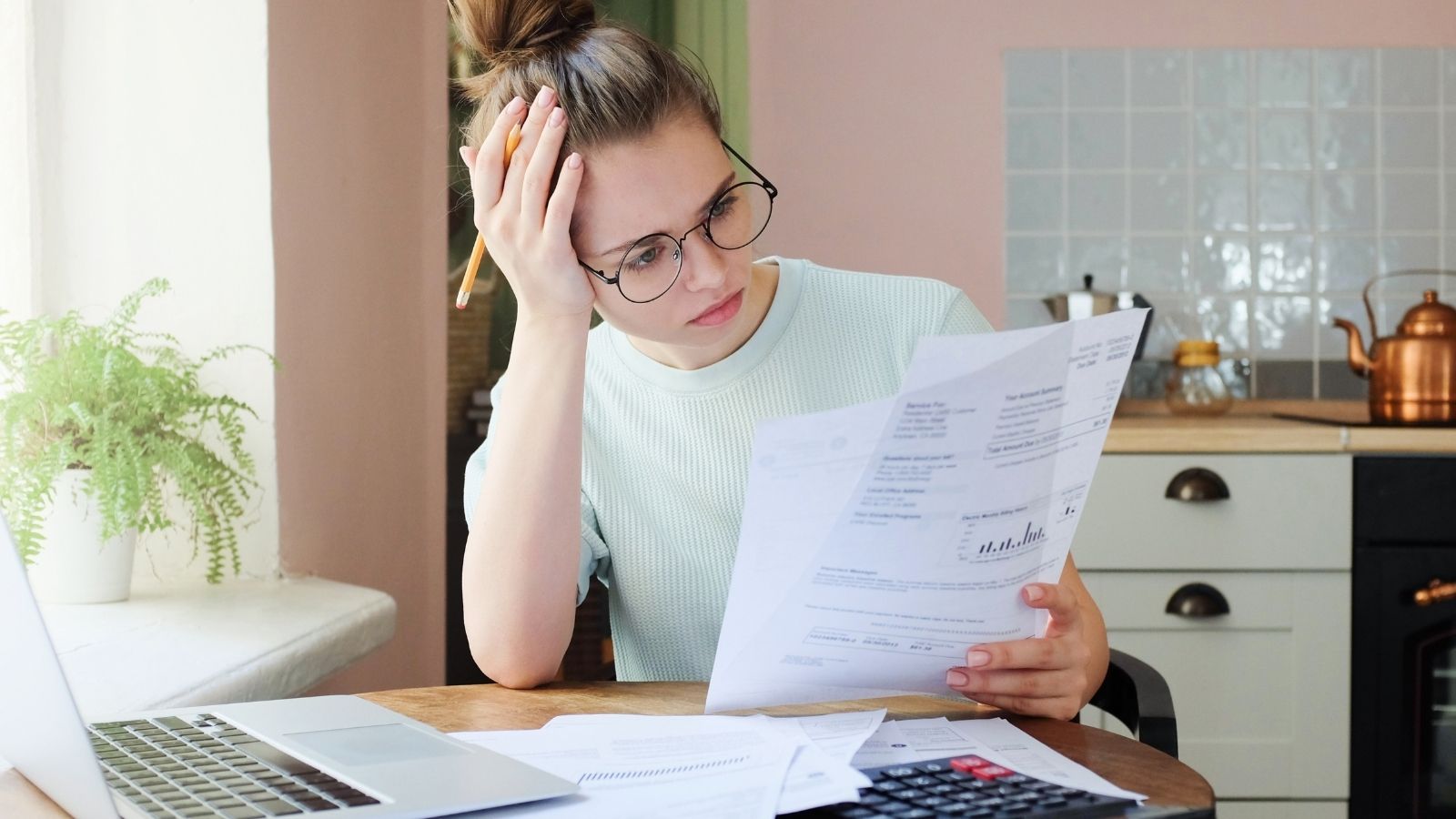So you've checked your credit file and found out you have made a couple of 'whoopsies' over the years, are now coming back from the depth of your credit history to haunt your first-time buyer dreams! But is it still possible? Can you get a mortgage with bad credit?
Having a history of bad credit can make it harder to get a mortgage – but it's not completely impossible.
Can you get a mortgage with bad credit?
The simple answer is... drumroll... YES.
It isn't impossible to get a mortgage with a bad credit score. It may, however, limit the range of mortgage deals you’ll be offered, so your mortgage could be more expensive and you may need to come up with a larger deposit.
There’s no hard and fast rule of what’s considered bad credit. Different lenders have different criteria for lending money – some lenders may see you more positively than others.
Depending on the lender's criteria, some banks may consider you for a mortgage even if you have:
- Defaults
- County court judgments (CCJs)
- Individual voluntary arrangements (IVAs)
- Bankruptcy
If you have a bad credit history, some Building societies can sometimes be more flexible according to Which. There are also specialist bad-credit mortgage lenders, some of which cater specifically to people who've faced illness, divorce, or other difficult life events. These lenders tend to be more flexible when assessing your mortgage application, but often charge higher-than-average interest rates and require larger deposits in return.
How do I check my credit file?
Whether or not you think these factors apply to you, you should always check out your credit report before applying for a mortgage.
There are a lot of providers out there that offer credit scoring services. However, you actually need more than just your credit score number to determine if you have a good or bad credit history.
You can check your full credit file here with CheckMyFile, free for the first 30 days.
Should I buy a house with bad credit or wait to improve my score?
While it may be technically possible for you to get a mortgage when you have a poor credit history, you also have the option of trying to improve your credit score first, in order to increase your chances of getting accepted for a 'normal' mortgage. It's a completely personal choice and depends on your immediate situation. Can you wait? Or do you need to make the move ASAP?
Here are some of the potential pros and cons of getting a bad credit mortgage:
Pros
- Some Mortgage Choices: There are over 1,600 mortgage deals available to home buyers with poor credit (According to research by Which)
- Faster homeownership: you'll start your journey to homeownership sooner if you take out a bad credit mortgage instead of waiting
Cons
- Higher rates: you'll often have to pay higher interest rates if your credit history is poor
- Bigger deposit: you might have to buy with a higher deposit to secure a mortgage with bad credit
How can I get a mortgage with bad credit?
Many mortgage brokers have a lot of experience with bad credit mortgages. They can search the whole of the market and choose the lenders most likely to offer you deals, and also suggest ways to strengthen your application from first-hand experience.
Other things you can do to help boost your chances of getting a mortgage with bad credit include:
- Making a real effort to pay back your debts (especially secured debts)
- Removing commitments like old phone contracts or shared bank accounts that could be affecting your rating
- Try to save a larger deposit, your lender could require you to have at least 20% of the property’s value
- Get a Mortgage Guarantor where a family member (or someone close) agrees to cover any repayments you may miss
Can I use Help to Buy if I have bad credit?
Many Help to Buy schemes specifically excludes ‘credit impaired customers’ but their definition of this may not apply to you, depending on the type and severity of your bad credit. So it’s always worth asking the scheme directly or consulting with your mortgage broker.
Remember, you should only get a mortgage if you can afford the monthly repayments. If you can’t keep up with them, it can seriously affect your mental wellbeing and might result in you losing your home.

